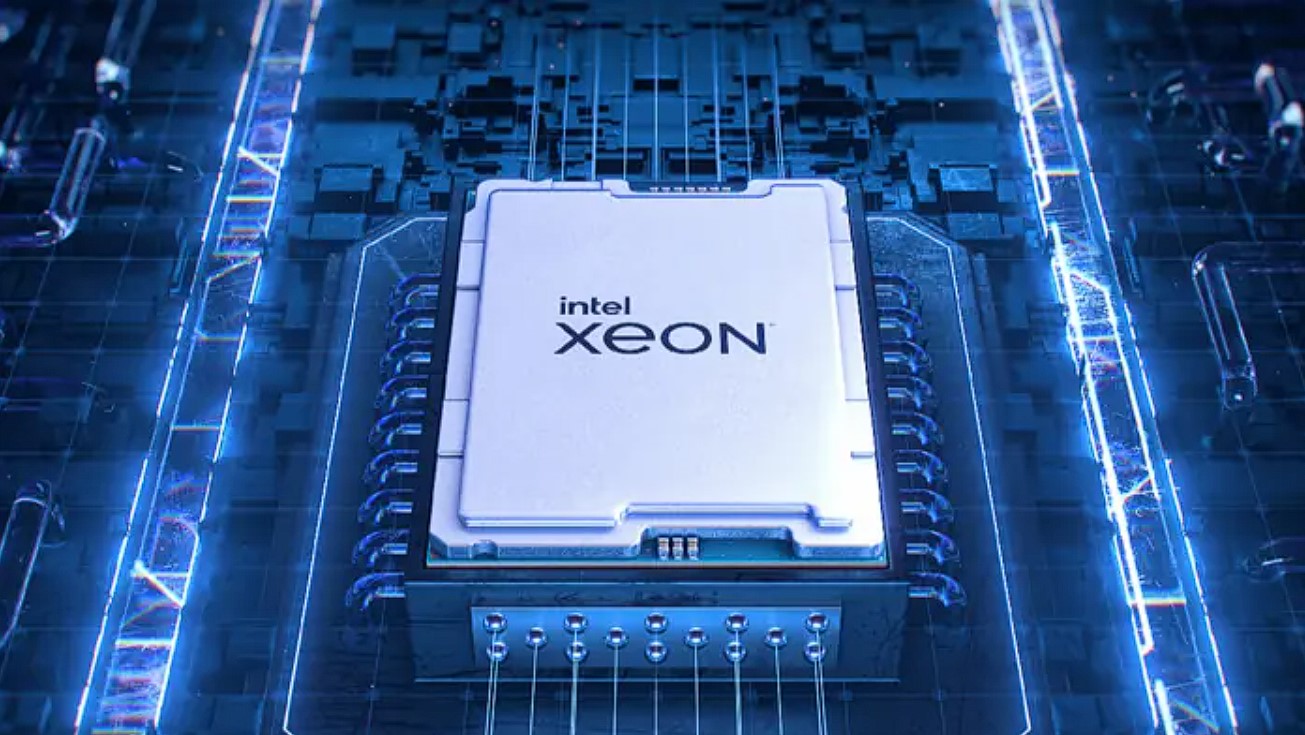Intel accused of fake CPU benchmarks

This is not the first time a technology company has been accused of cheating on the benchmark results of its products. Right now it is Intel that has ended up in the spotlight. Intel has been accused of inflating benchmark results for its CPUs. This serious accusation has been made by the Standard Performance Evaluation Corporation (SPEC) , a recognized organization in the field of evaluating the performance of technological products.
According to SPEC, Intel has inflated benchmark results for its Xeon processors for a period spanning from 2022 to 2023. This claim was made in connection with the SPEC CPU 2017 test, a benchmark test widely recognized in the technology industry. It has emerged that Intel has increased the performance of its processors by manipulating the software used in benchmark tests. SPEC, a neutral testing body, has disqualified over 2,600 results after discovering that the company optimized compilers specifically for the benchmark test. This has given Intel an unfair advantage.
SPEC's report states : "The compiler used for this result performed a compilation that specifically improves the performance of the 523.xalancbmk_r / 623.xalancbmk_s benchmarks using a priori knowledge of the SPEC code and dataset to perform a transformation that has narrow applicability ". This is technical jargon that basically means that Intel used inside information to optimize its products specifically for the tests. It's not just Intel that has been accused of giving their hardware a little extra push to improve the numbers.
Other technology companies such as Qualcomm, Samsung and MediaTek have previously been in the same situation. The compiler plays an important role in optimizing the software to run efficiently on the processor. Phoronix, a well-known technology blog, has stated that the custom compiler that Intel used may have inflated the relevant SPEC test results by up to 9%.
Benchmark numbers are something we are all concerned with. While they don't always accurately represent how the hardware performs in real life, we look at and compare the numbers to get an idea of how Product A stacks up against Product B. It's important to stress that these accusations are not yet is proven. Tech giants like Intel have significant resources and expertise to counter such accusations. But this case underscores the importance of transparency and honesty in the technology industry.
Latest processor - cpu
-
31 Octprocessor - cpu
-
16 Sepprocessor - cpu
AMD Ryzen AI 7 PRO 360 spotted
-
04 Sepprocessor - cpu
Intel scores big AI chip customer
-
04 Sepprocessor - cpu
Exclusively-Intel manufacturing store drawers
-
29 Augprocessor - cpu
Big performance boost for Ryzen CPUs
-
28 Augprocessor - cpu
Intel shares could fall in battle with TSMC and NV
-
28 Augprocessor - cpu
AMD is claimed to have been hacked
-
27 Augprocessor - cpu
Intel presents Lunar Lake, Xeon 6, Guadi 3 chips
Most read processor - cpu
Latest processor - cpu
-
31 Octprocessor - cpu
AMD will launch the Ryzen 7 9800X3D on November 7
-
16 Sepprocessor - cpu
AMD Ryzen AI 7 PRO 360 spotted
-
04 Sepprocessor - cpu
Intel scores big AI chip customer
-
04 Sepprocessor - cpu
Exclusively-Intel manufacturing store drawers
-
29 Augprocessor - cpu
Big performance boost for Ryzen CPUs
-
28 Augprocessor - cpu
Intel shares could fall in battle with TSMC and NV
-
28 Augprocessor - cpu
AMD is claimed to have been hacked
-
27 Augprocessor - cpu
Intel presents Lunar Lake, Xeon 6, Guadi 3 chips






